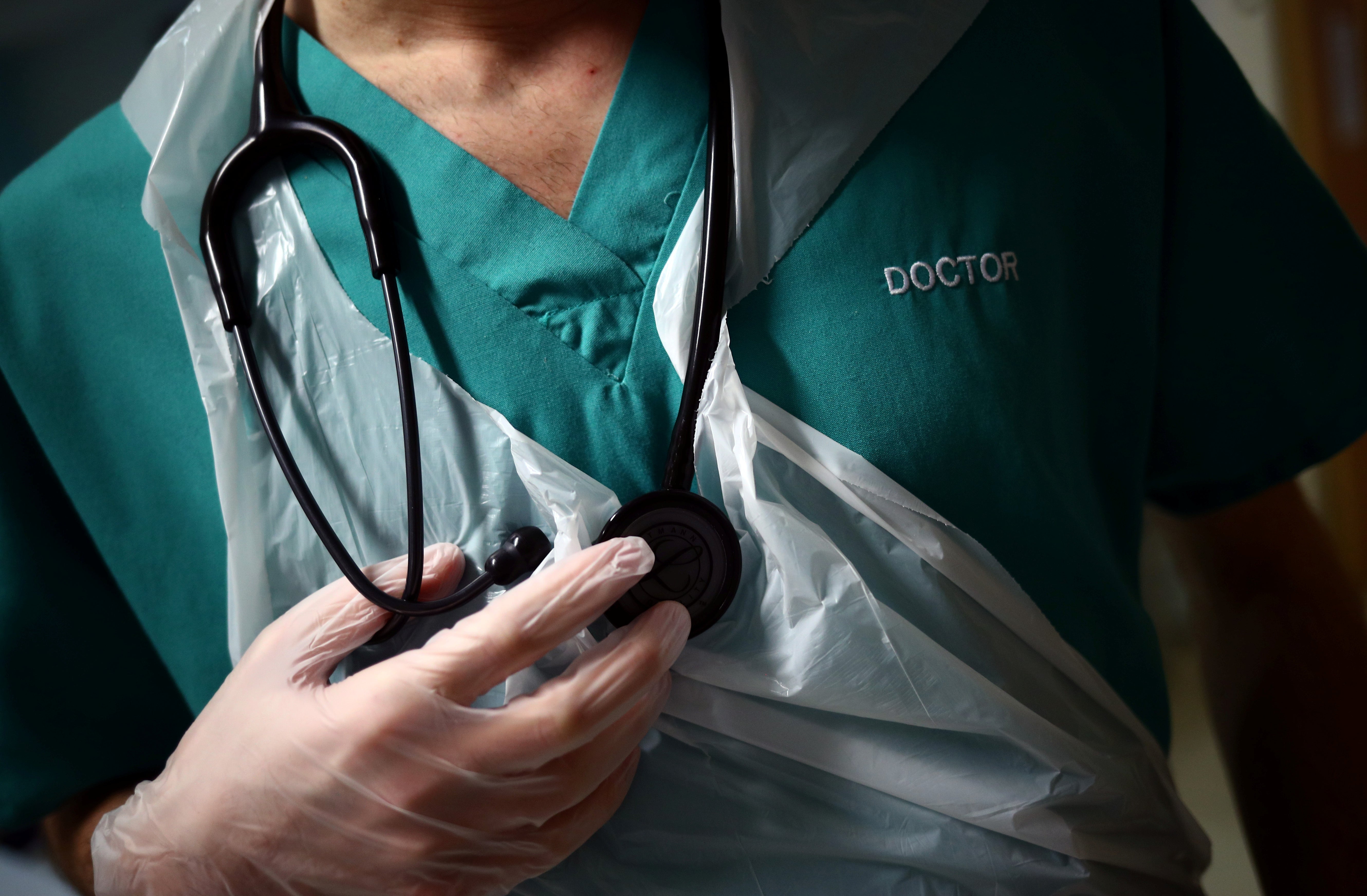Recruits wanted for research into treatment for ‘broken heart syndrome’
Researchers at the University of Aberdeen are examining takotsubo cardiomyopathy.

Your support helps us to tell the story
From reproductive rights to climate change to Big Tech, The Independent is on the ground when the story is developing. Whether it's investigating the financials of Elon Musk's pro-Trump PAC or producing our latest documentary, 'The A Word', which shines a light on the American women fighting for reproductive rights, we know how important it is to parse out the facts from the messaging.
At such a critical moment in US history, we need reporters on the ground. Your donation allows us to keep sending journalists to speak to both sides of the story.
The Independent is trusted by Americans across the entire political spectrum. And unlike many other quality news outlets, we choose not to lock Americans out of our reporting and analysis with paywalls. We believe quality journalism should be available to everyone, paid for by those who can afford it.
Your support makes all the difference.Scientists hope to recruit almost 100 Scots for a trial of the first ever treatment for a condition known as broken heart syndrome.
Researchers at the University of Aberdeen are working on how to help those with takotsubo cardiomyopathy – a condition which affects around 5,000 people across the UK every year.
At least 7% of all heart attacks are attributed to the condition, where the heart muscle becomes suddenly weakened, usually because of severe emotional or physical stress.
Scientists will trial a programme of exercise and psychological therapies for those affected, with the work – described as a “huge step towards developing a standardised treatment” – taking place thanks to a grant of £300,000 from the British Heart Foundation
These trials to find the first ever treatment for the condition are a huge step forward
The university has already led the way on research into the condition, which was only recognised in the late 1990s.
The new trial aims to recruit 90 people from across Scotland, with participants signed up within three weeks of suffering an episode.
They will then be given either a personalised exercise conditioning programme, a regime of cognitive behavioural therapy, or be part of the control group.
The research is set to last for the next three years.
Dr David Gamble, from the University of Aberdeen, said: “Takotsubo cardiomyopathy, or broken heart syndrome, remains a comparatively poorly understood condition.
“It is vital that we develop a high-quality evidence base to guide clinicians in the management of this condition.
“In many clinical intervention trials, we are attempting to make incremental improvements to existing treatments, but as broken heart syndrome is at such an early stage there is no established treatment to use as a base.”
Professor Dana Dawson, also from the university, said: “We already know that cardiovascular disease affects men and women in different ways, so there is no reason why a one-size-fits-all treatment should work for broken heart syndrome.
“After so long spent researching this condition, it is great to be taking this huge step towards developing a standardised treatment for it and we look forward to seeing the results in due course.”
Professor James Leiper, associate medical director at the British Heart Foundation, said: “Takotsubo syndrome is a sudden and potentially catastrophic heart condition which has only been recognised in recent years.
“As such, these trials to find the first ever treatment for the condition are a huge step forward and will play a significant role in increasing our understanding of this neglected area of cardiology.”